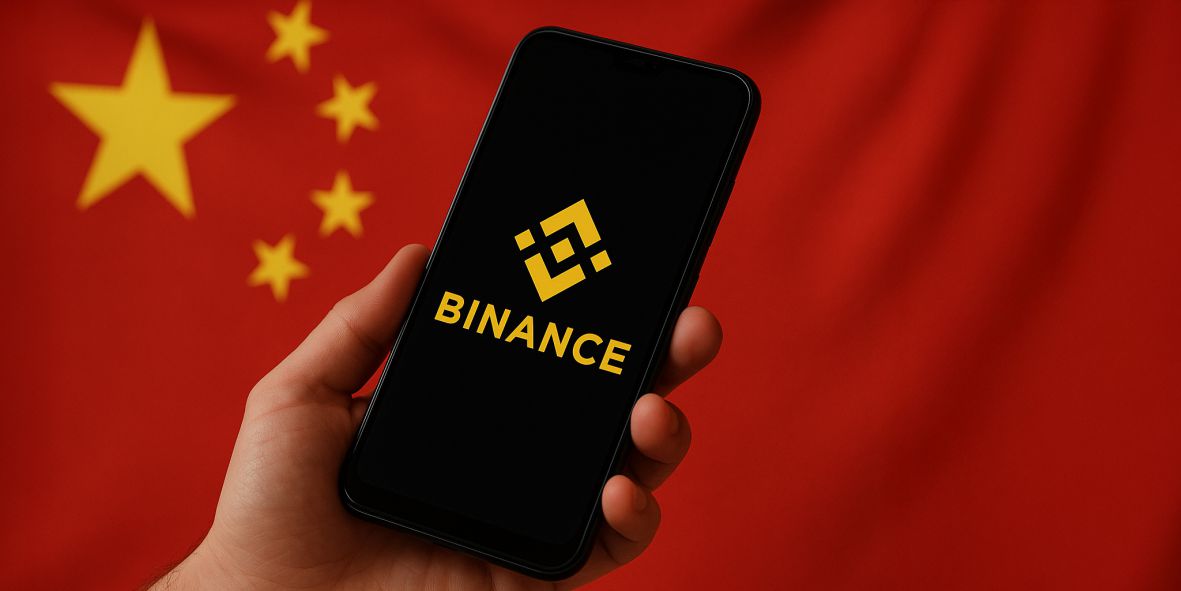Key takeaways
- An unverified Binance Feed post falsely claimed China imposed a sweeping crypto ban.
- Chinese authorities have not confirmed the ban, and no credible sources support the claim.
- The post sparked speculation, highlighting risks of misinformation in the crypto space.
- Experts stress that incentive-based platforms like Binance Square need stronger content oversight.
- Users must verify facts from trusted sources before making crypto-related decisions.
The Importance of Fact Checking and Doing Your Own Research
A recent post published under the username “Quora News” on Binance’s content-sharing platform, Binance Square, has triggered confusion and concern among cryptocurrency users. The post claims that the Chinese government has enacted a comprehensive ban on all cryptocurrency-related activities, including trading, mining, and even personal ownership of digital assets such as Bitcoin (BTC) and Ethereum (ETH).
It claims that this move represents an aggressive expansion of China’s existing crypto regulations and is aimed at supporting the country’s state-backed central bank digital currency (CBDC), the digital yuan. However, no official confirmation has been issued by Chinese authorities, and no credible news outlets have corroborated the claim, raising serious concerns about the post’s accuracy.
Concerns Regarding Content Moderation
Despite its dubious credibility, the post has circulated across some forums, contributing to similar speculations by some others on Twitter. Crypto analysts and observers warn that such unverified claims, especially when shared on prominent platforms, can amplify misinformation and potentially impact investor sentiment and market stability.
China has certainly maintained a strict stance toward cryptocurrencies, but a total ban on personal ownership would represent an extreme and unprecedented policy shift. So far, there’s no indication from official sources that such a move has taken place.
Historically, China has enforced repeated crackdowns on crypto mining and trading, citing concerns around financial risk, energy consumption, and fraud. These measures have pushed many crypto operations offshore while reinforcing the state’s focus on launching and promoting the digital yuan. However, analysts note that China’s digital finance strategy, while restrictive, has focused more on control and surveillance than outright elimination of decentralized assets.
Importance of Verifying Information in the Crypto Space
The post also raises questions about content moderation and accountability on platforms like Binance Square. Binance’s “Write and Earn” program incentivizes user-generated content based on engagement metrics. Experts warn that this could potentially encourage sensational headlines or unverified stories to maximize rewards. They aver that incentive-based content programs must come with strong editorial oversight.
At present, there is no official confirmation of any new crypto ban from the Chinese government. Analysts and investors are urged to remain cautious, verify information with reliable sources, and avoid making financial decisions based on unsubstantiated online posts.
What Should be The Way Ahead?
As the cryptocurrency and blockchain industry continues to mature, it is undergoing a natural evolution from a decentralized, experimental space into a more regulated, scrutinized, and mainstream financial and technological ecosystem. One key component of this transformation involves how information is shared and community discourse is managed, particularly on user-driven platforms such as forums, social media channels, decentralized applications, and community-based content hubs. Hence, user-driven content should strive to balance open participation with responsible publishing practices.







